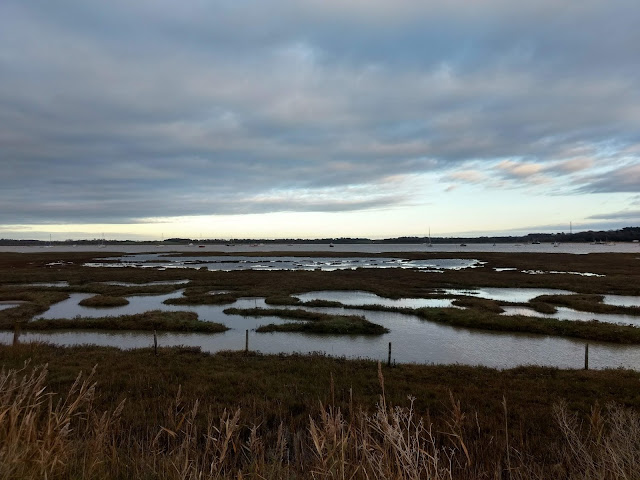Reference for silos

This is a piece I wrote for a life writing competition earlier this year. I don't have anything to show for it, but I liked it enough to zuzh it up and share at year's end. I hope you like it too, and here's to a merrier 2021... Pinned at the north end of the street I grew up on, the hill on London Road banks down, sharply, giving way to the River Gipping half a mile down the road. In the valley it creates, you can see miles to the west; the tree line is barely geography’s watermark on the blurred bound of the horizon. And there they rose up, stoic: four great silos, greyed out by time and bad business. It’s six months ago and I’m walking upriver. Something I used to do for adolescence’s sake, now an imitation, trying to draw nostalgia out from the undertow of adulthood. The Gipping is slack and in algal bloom. Just beyond the final railway bridge towards the edge of town, there is a path that veers right into a steep hillside of fresh weeds. I climb in expectation and find...



